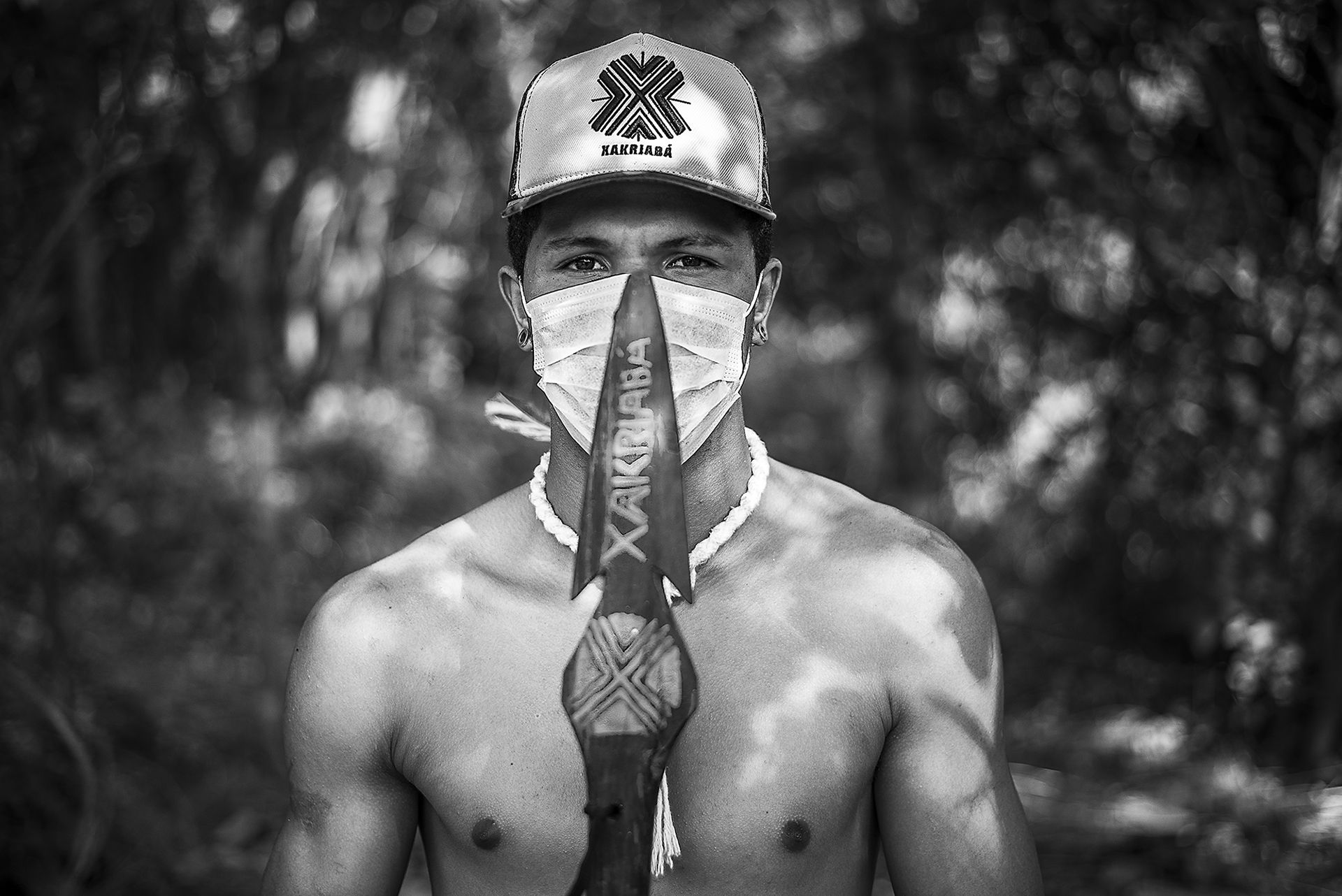Trailer
Course modules
Rivers Beyond Borders
In this first module, we orient ourselves by asking two important questions: What does it mean to become a River Guardian? What are some of the major global challenges faced by river systems?
The Living River
We focus on the living river and the three pillars of river stewardship: memory, culture and spirituality. Learn about Brazil's longest river and its importance to the Kanayko and Kariri-Xoco peoples of Alagoas, and what is being done to protect its legal rights.
Connecting to Water
Connect with the kinaesthetic and somatic properties of water, and learn about the importance of paying attention to rivers through the medium of sound and music. How vital is it for River Guardians to learn to practice deep listening and environmental attention?
Fighting Dams
Learn from river warrior, Gary Wockner about his battle to stop hydroelectric dams and the plight of one of the most iconic rivers in the US - the Colorado. In the module, we also hear about the benefits of river swimming. How can we rethink water through the practice of open-water swimming?
Racism & Resistance
This module explores the landmark ruling that pronounced the Atrato the first river in Colombia to be a legal person under the rights of nature framework. We will discuss the power of Black and Afro-descendent traditions in local River Guardianships. Why do racism and negative stereotyping continue to defi...
River Storytelling
Why are stories so vital to communicating the work of local River Guardians and activists? We discuss different local storytelling traditions around the world, media representation, filmmaking and the importance of campaigning for rivers. We also explore heart politics and how individuals and communities a...
Global Alliances
How can a World Water Law be adopted, and what can River Guardians do to help make this law a reality? How can international actors work with Indigenous guardian organisations in Africa?
River Action Now
Learn about the importance of campaigning for rivers to be healthy sources of drinkable water and the fight for Europe's last wild river, the Kruščica. How can we ensure legal protection of rivers is implemented in practice? How can urban rivers be restored and what kind of action can urban river guardians...
Human and Non-Human Guardians
We honour various lifeforms that protect, guard and guide river spirits, both human and nonhuman. We explore land, dream, and artistic expression as vital aspects of River Guardianship.





























